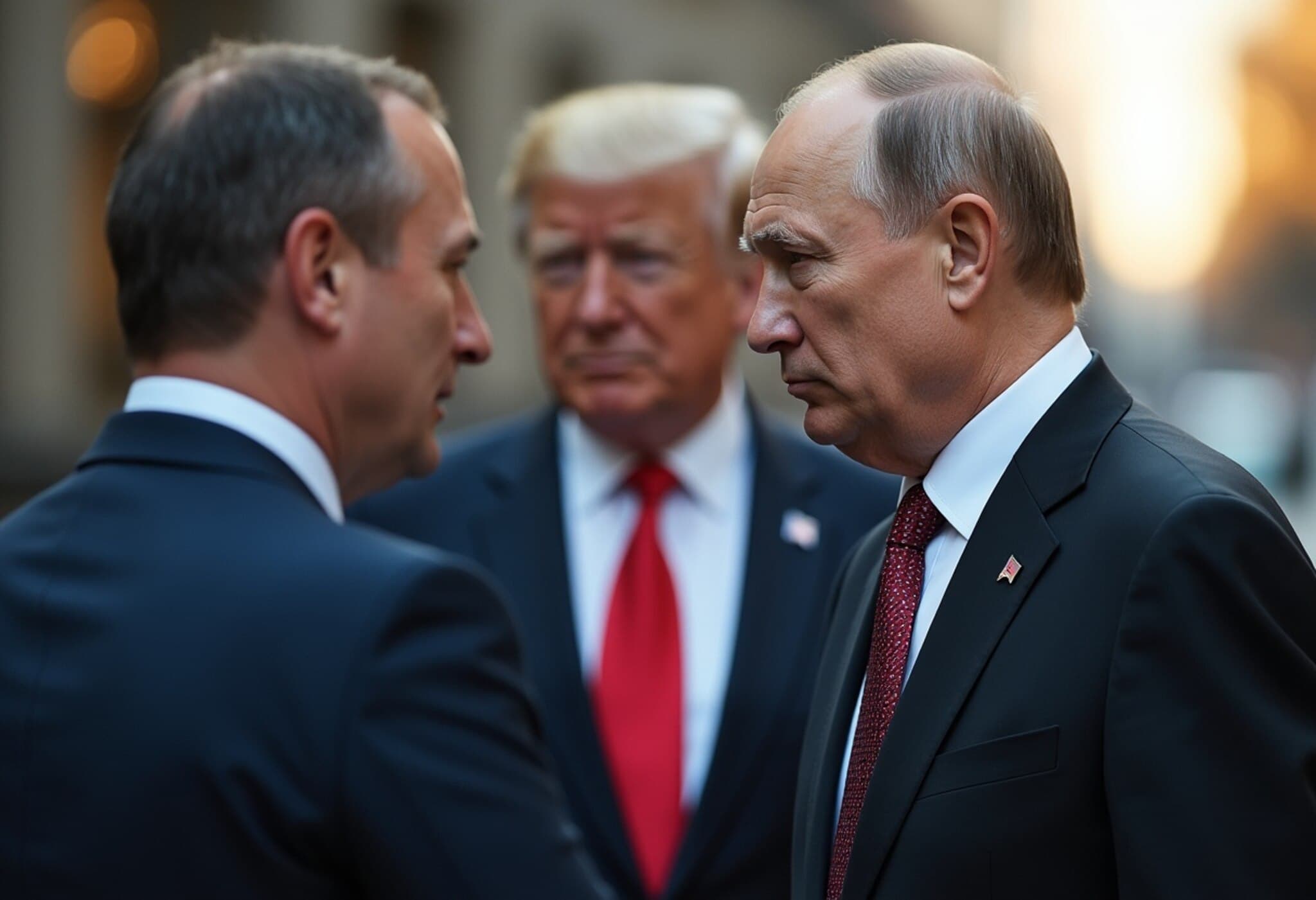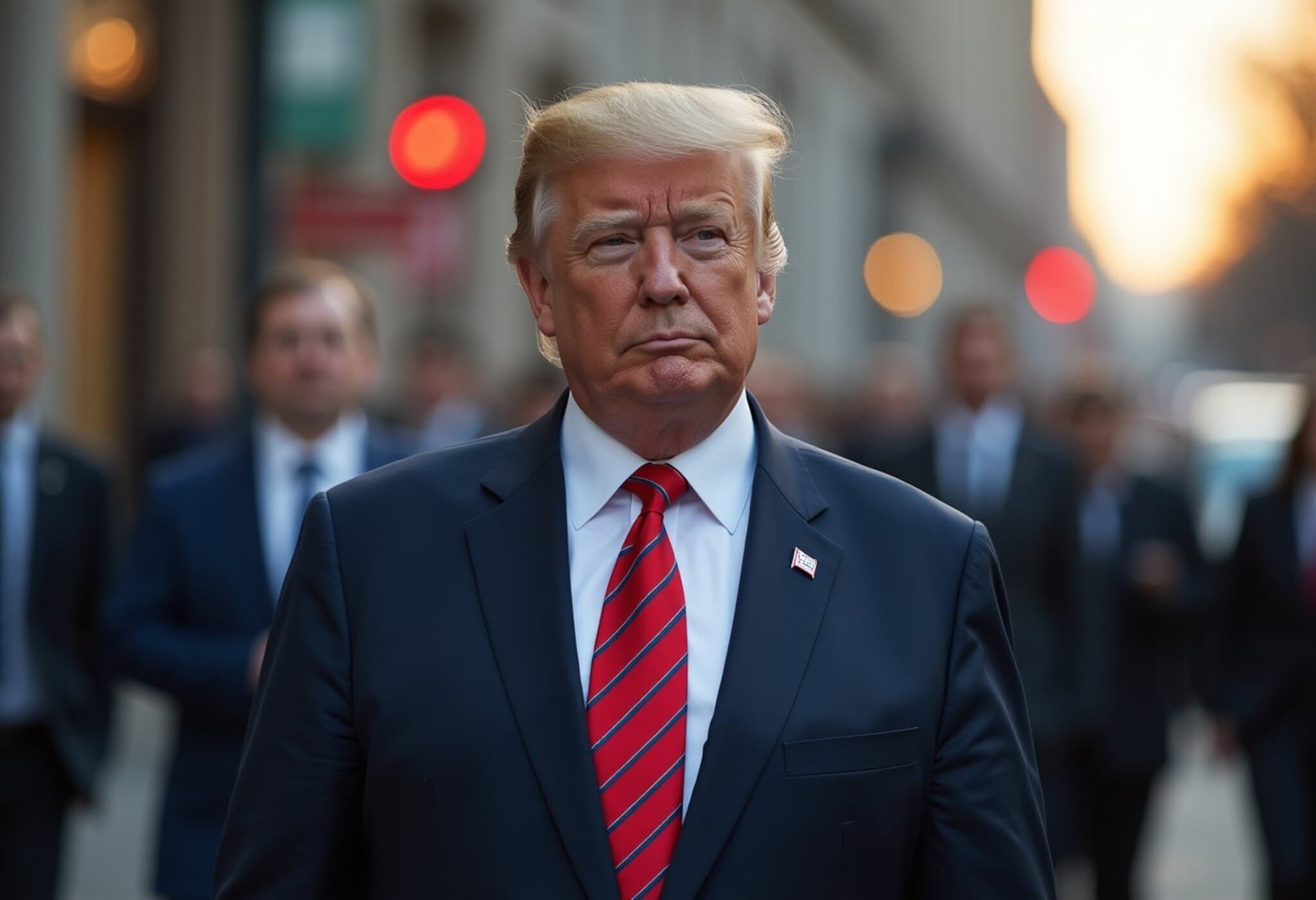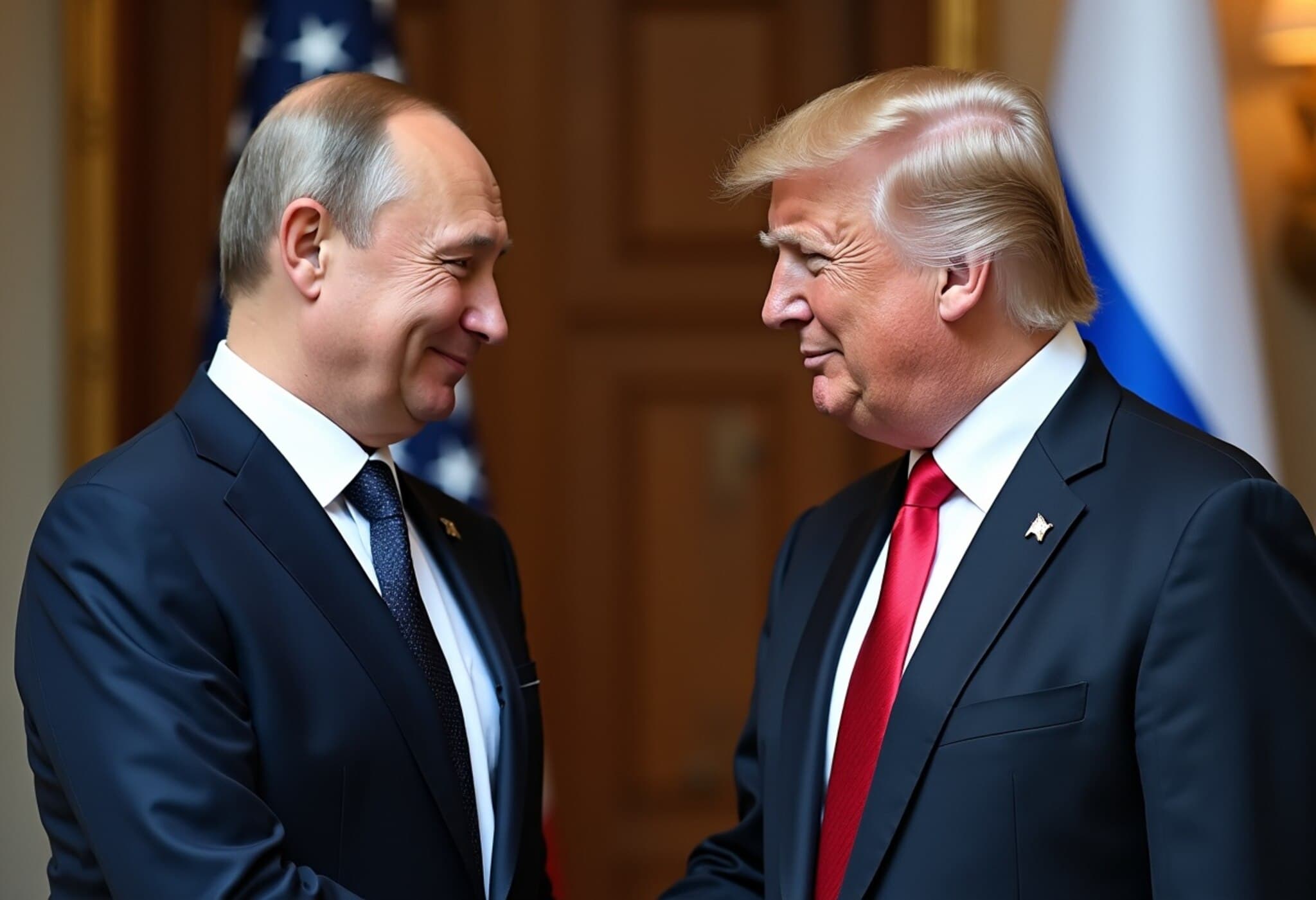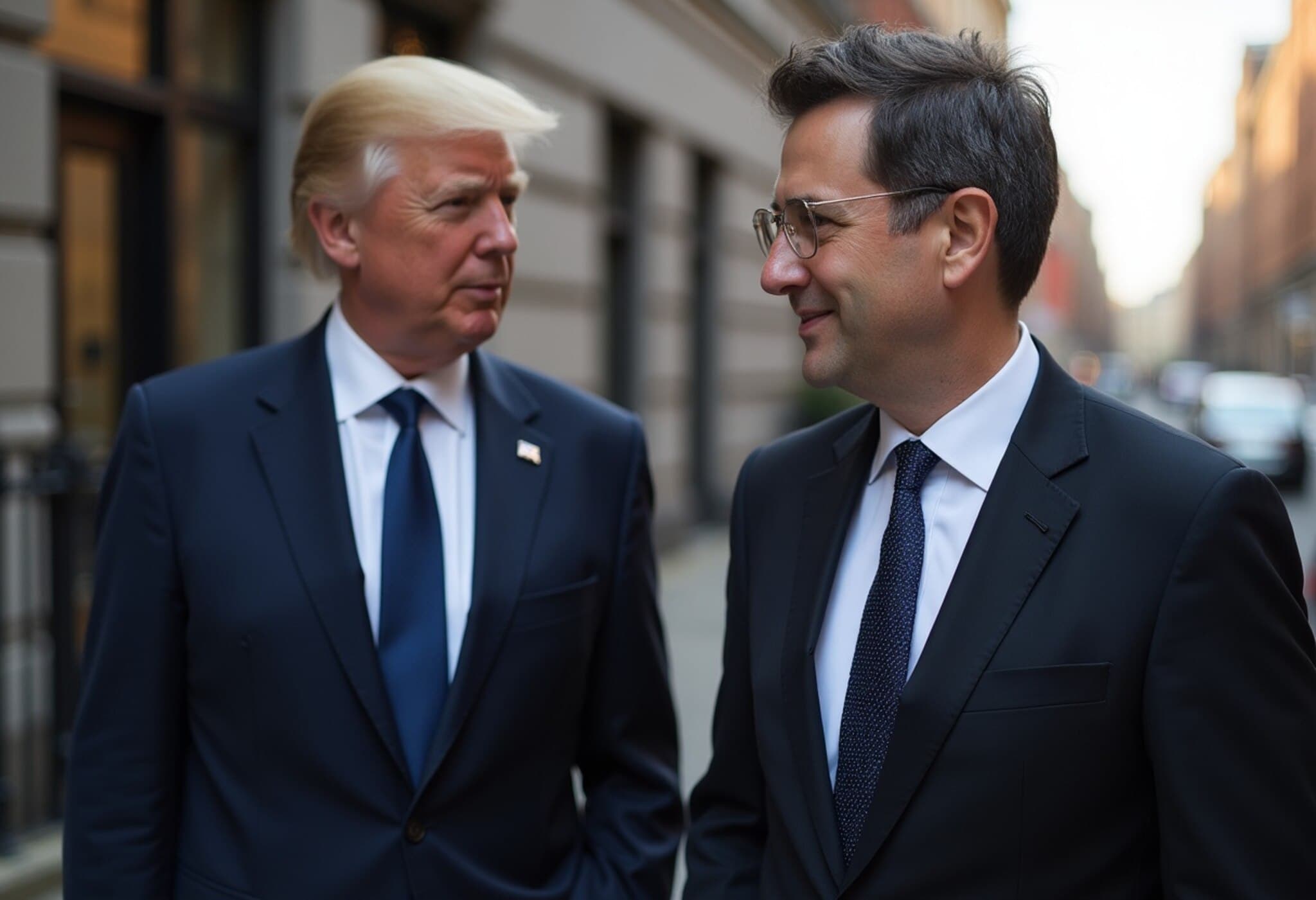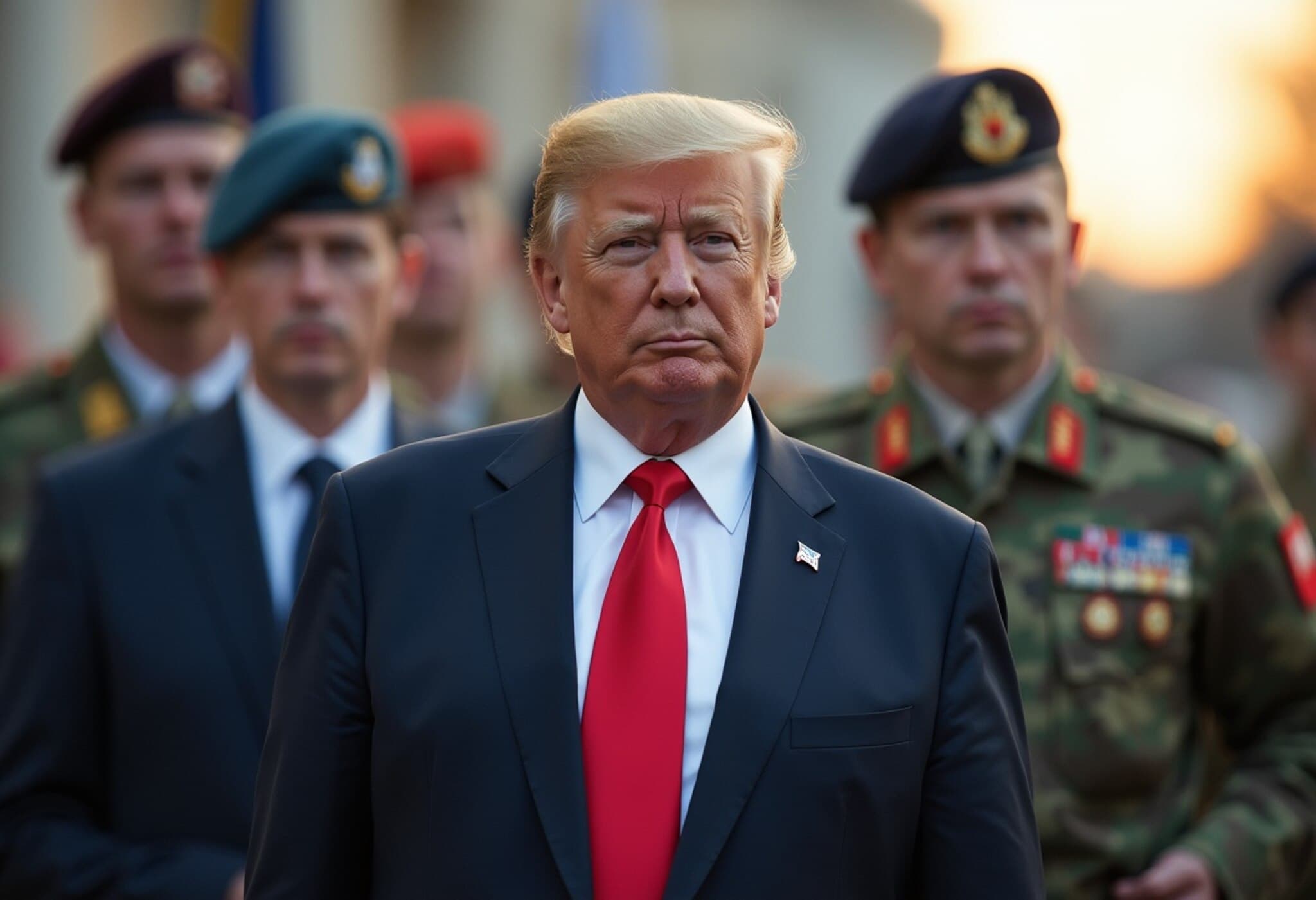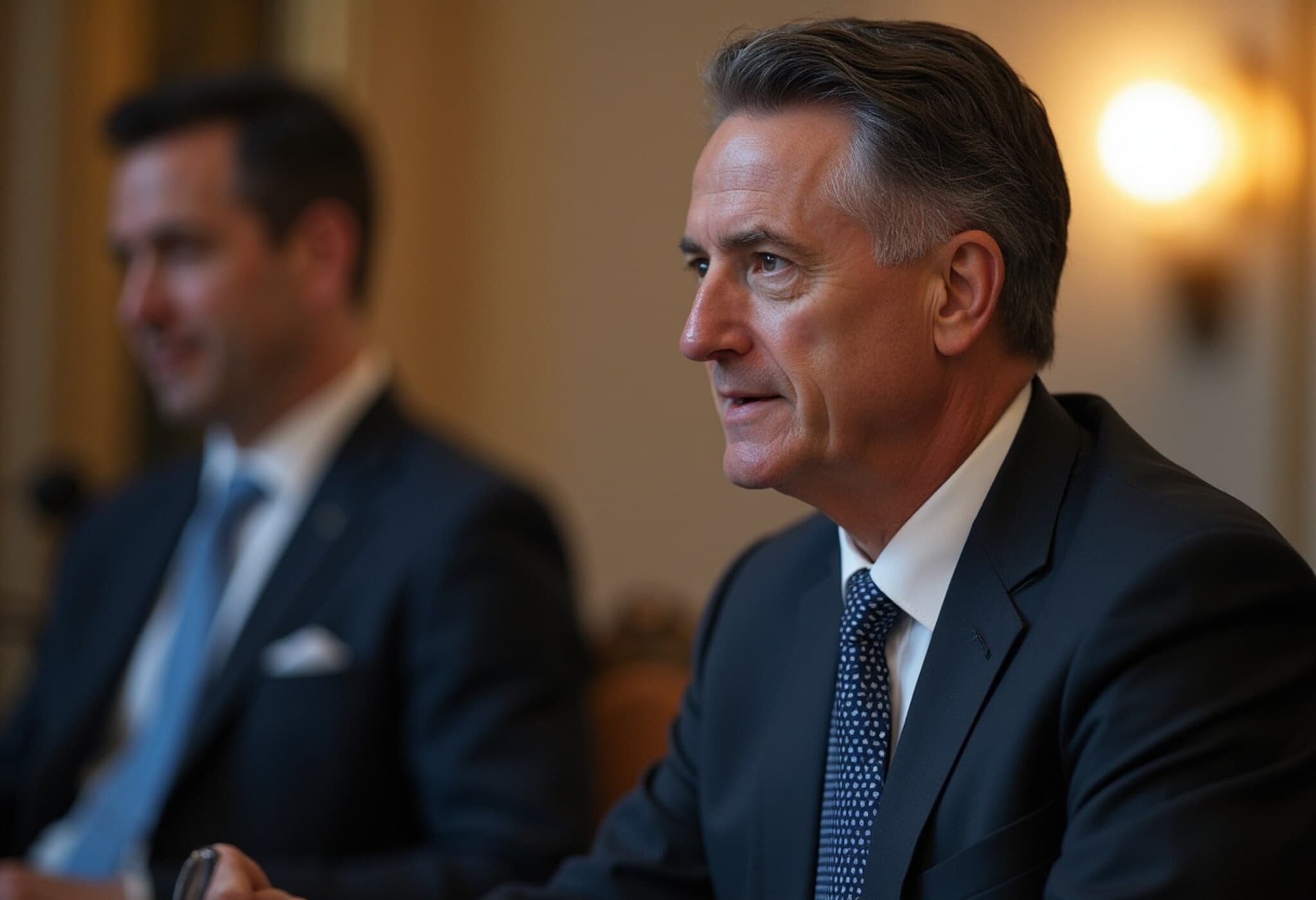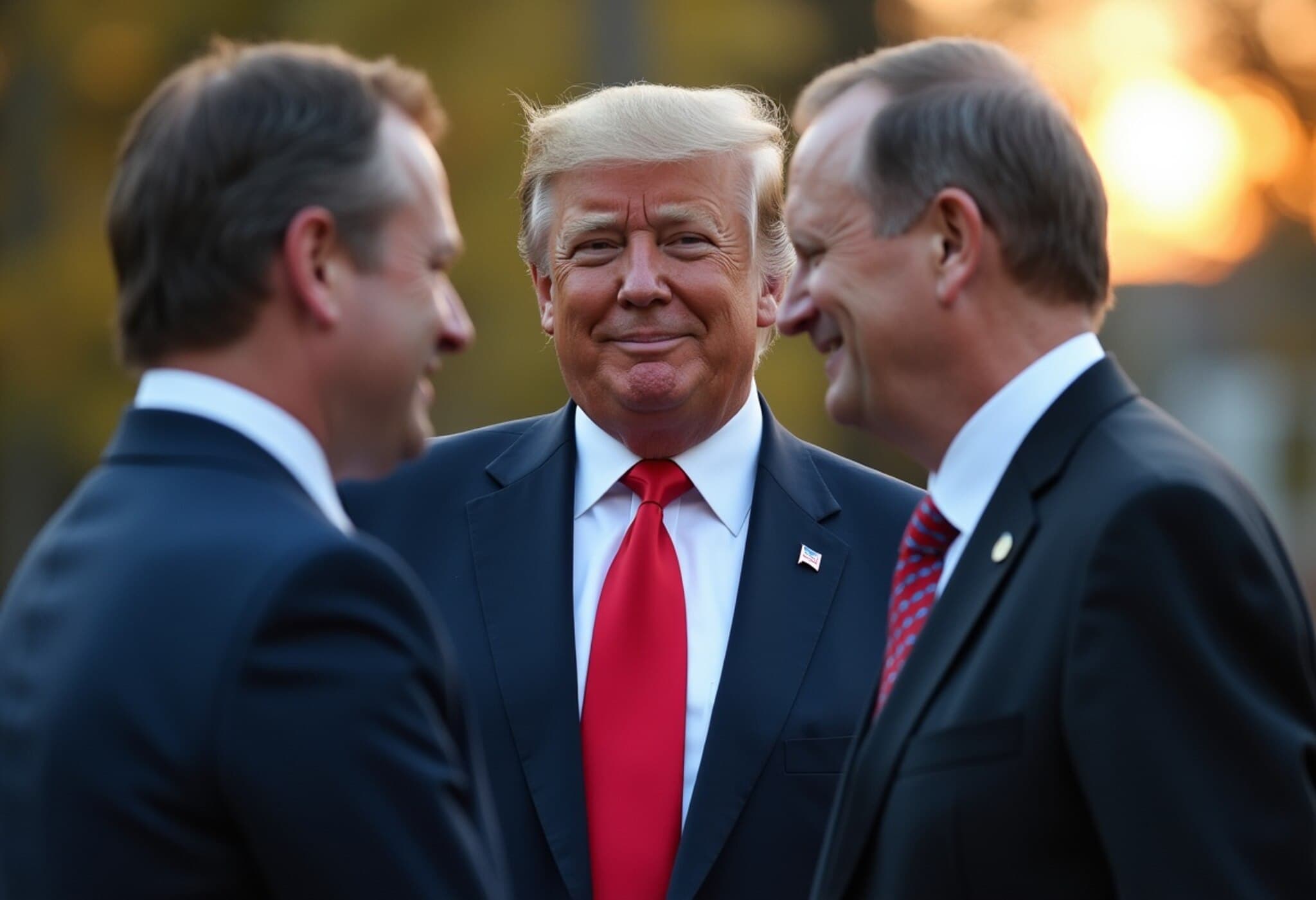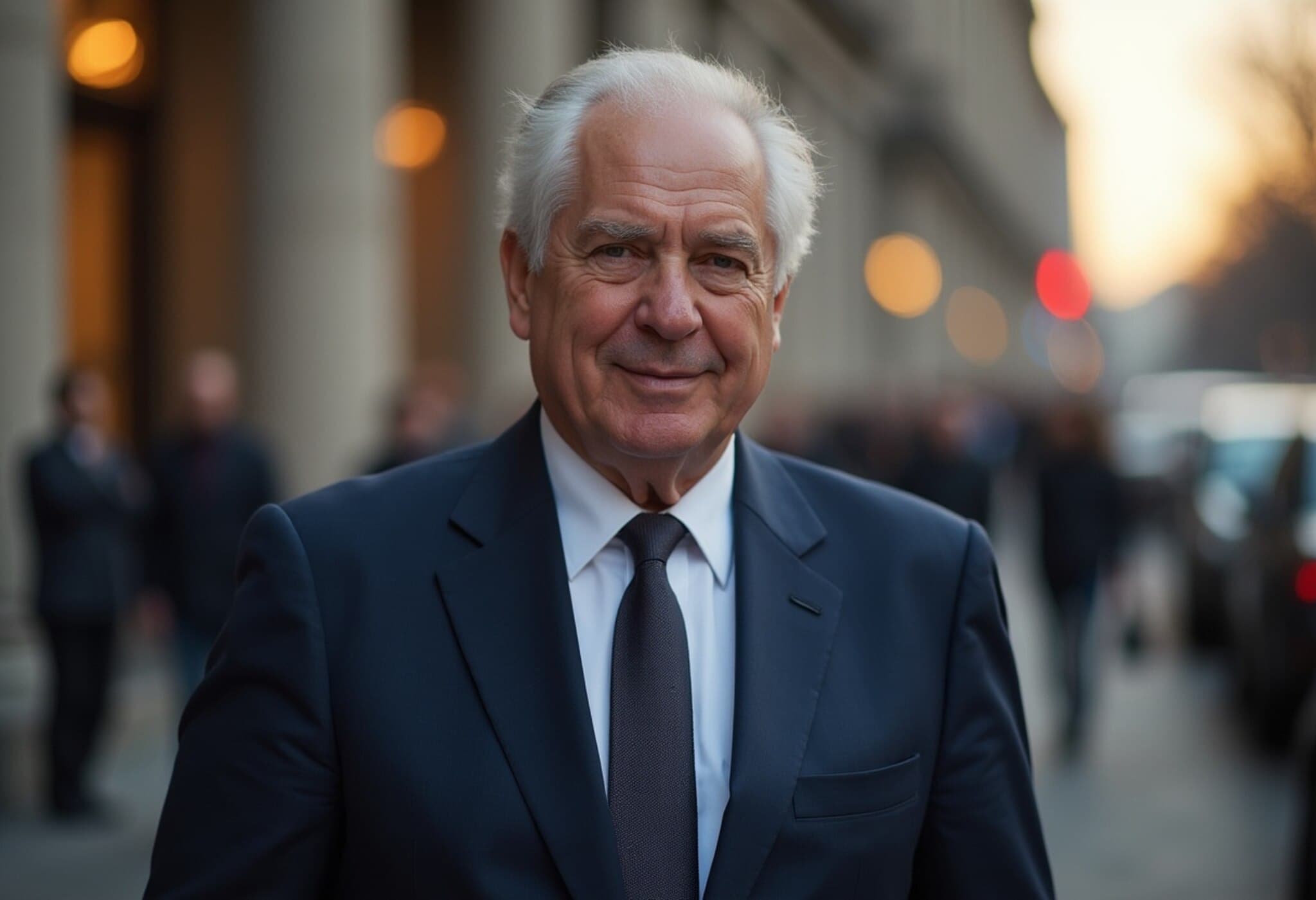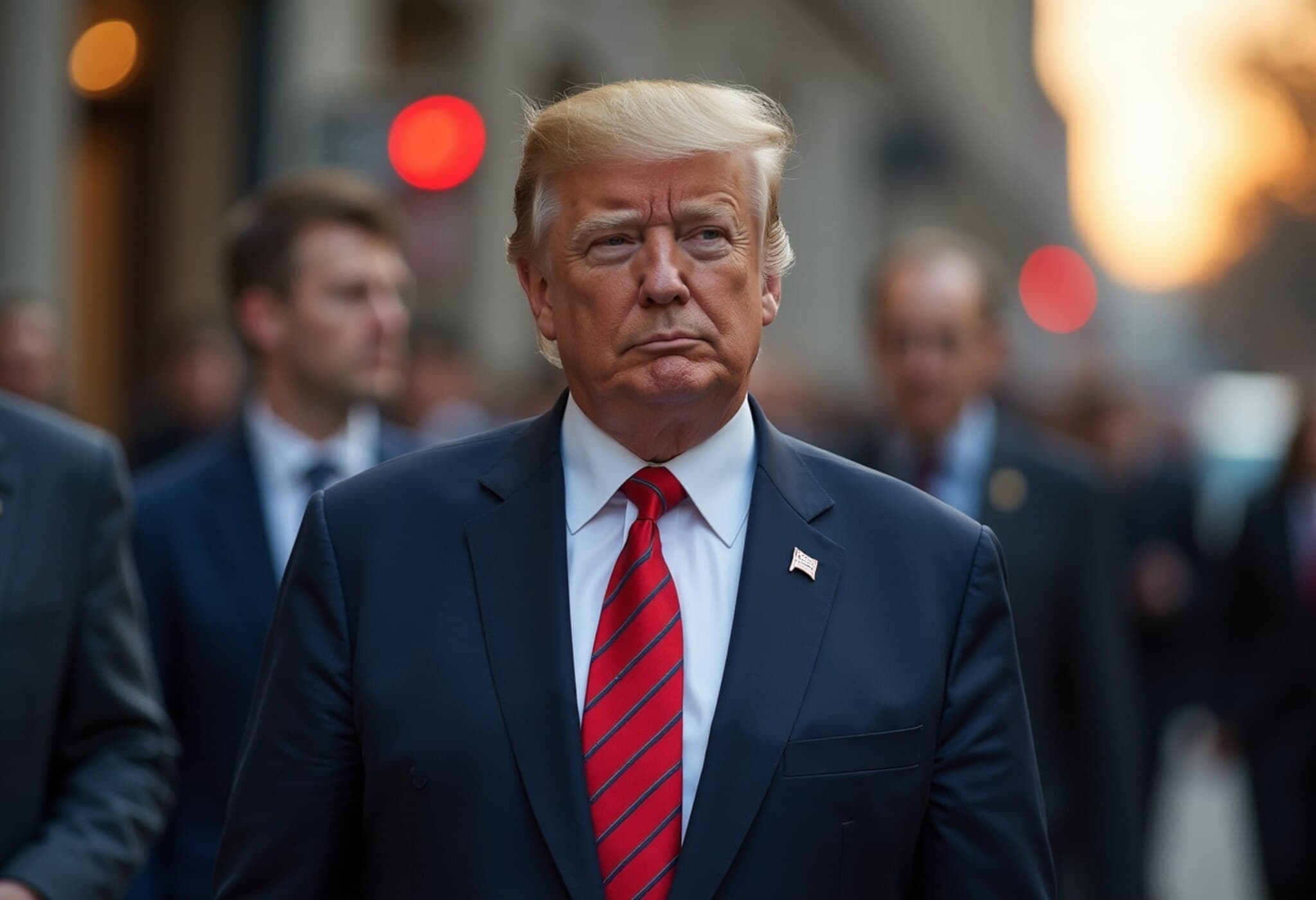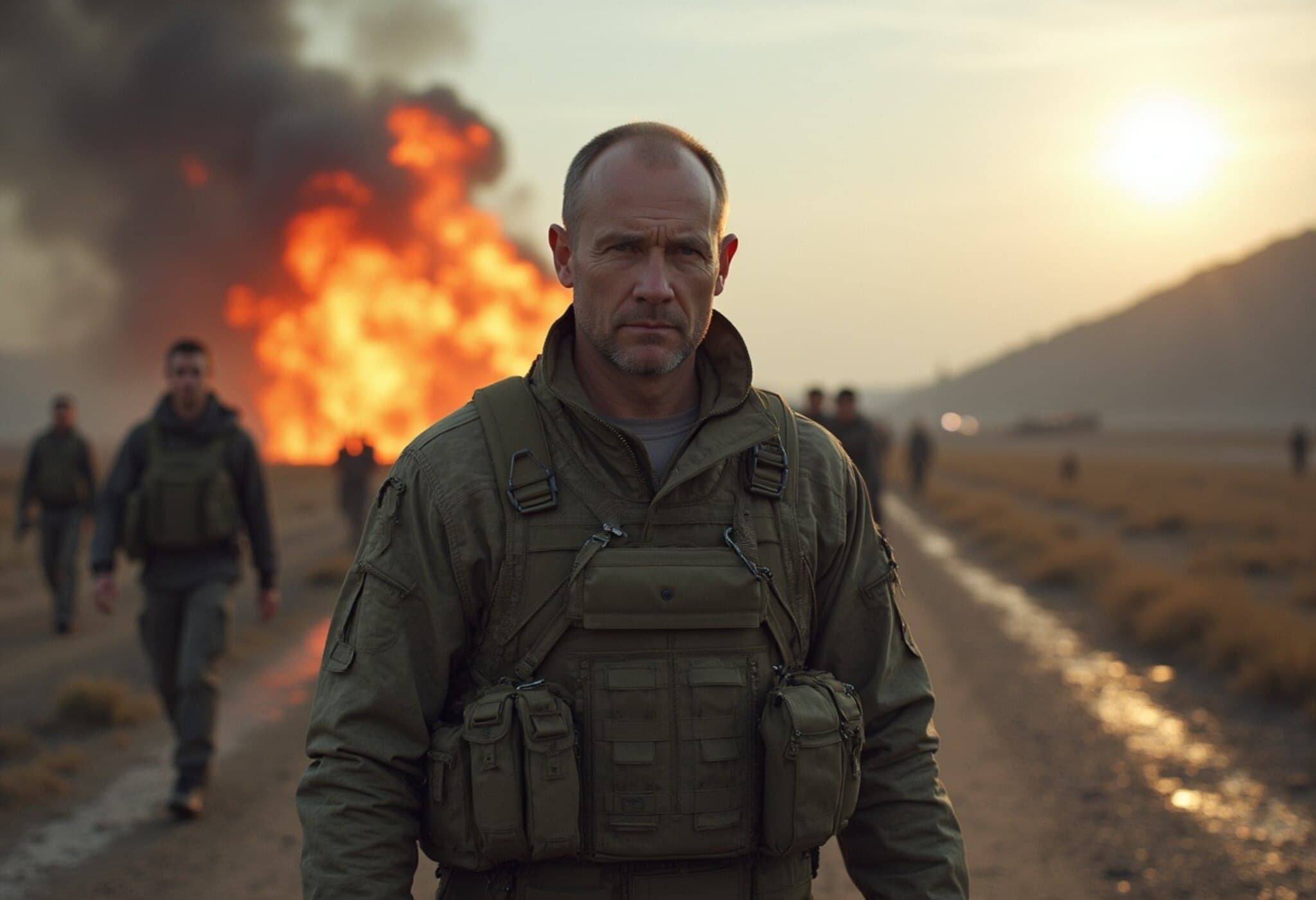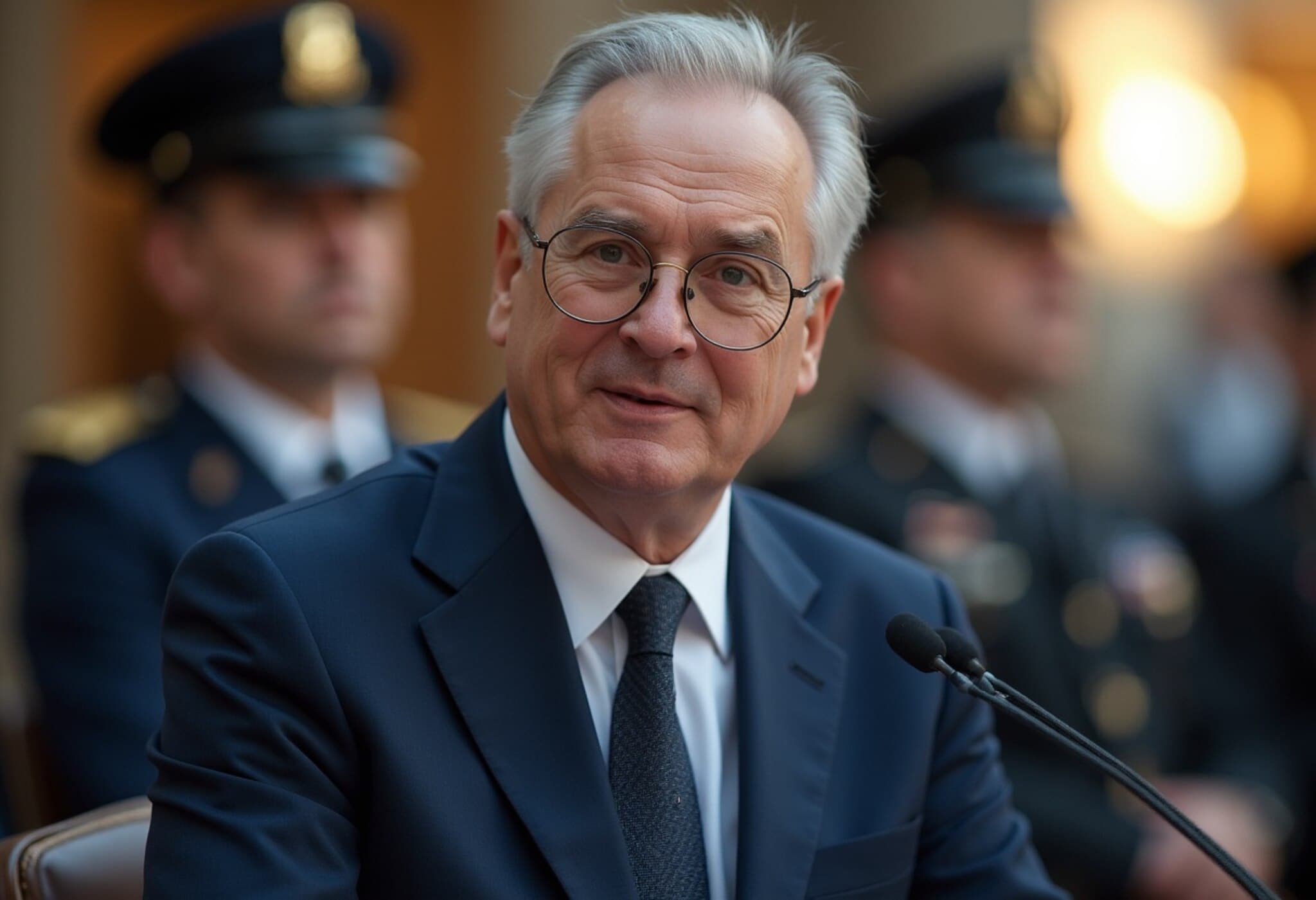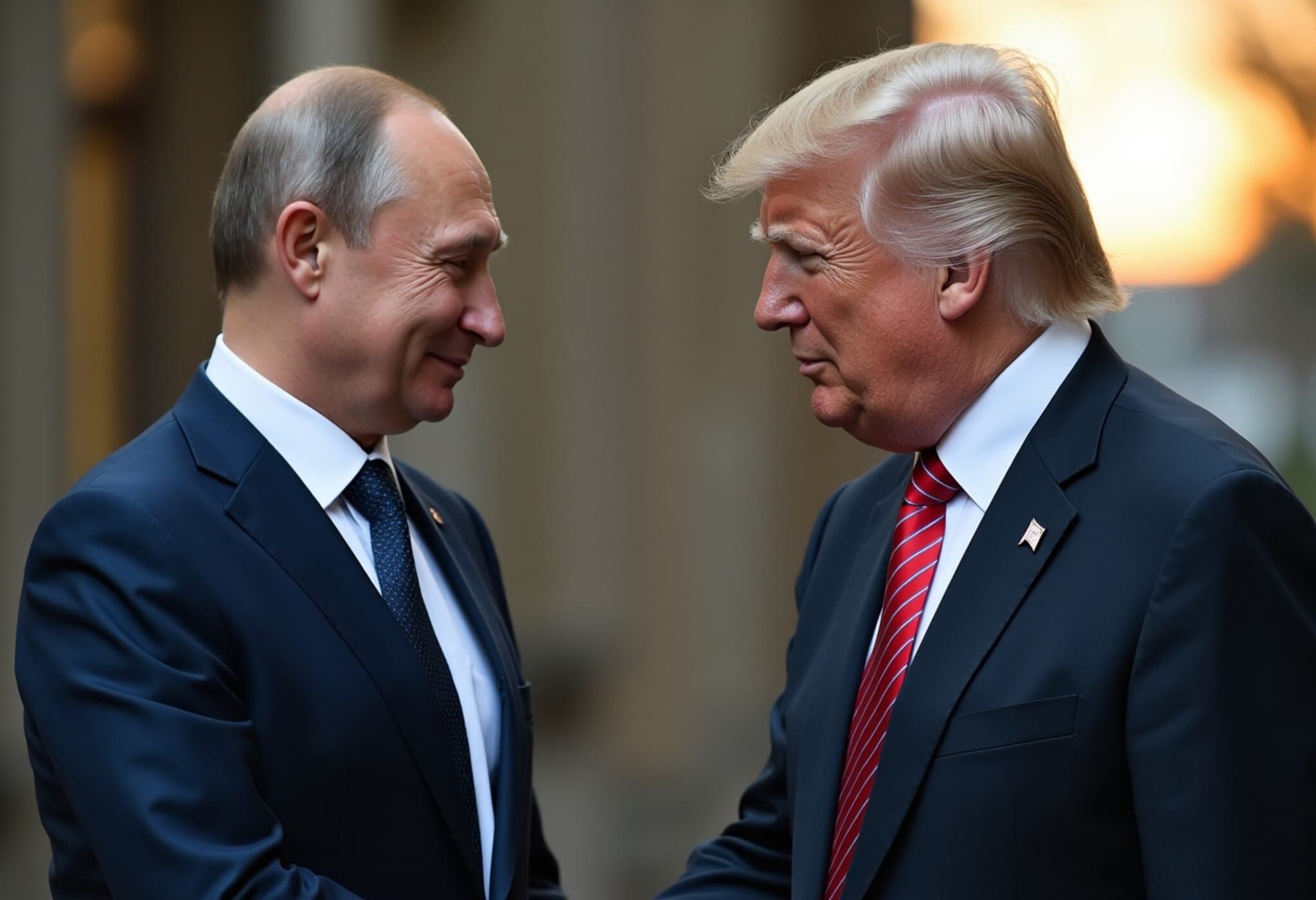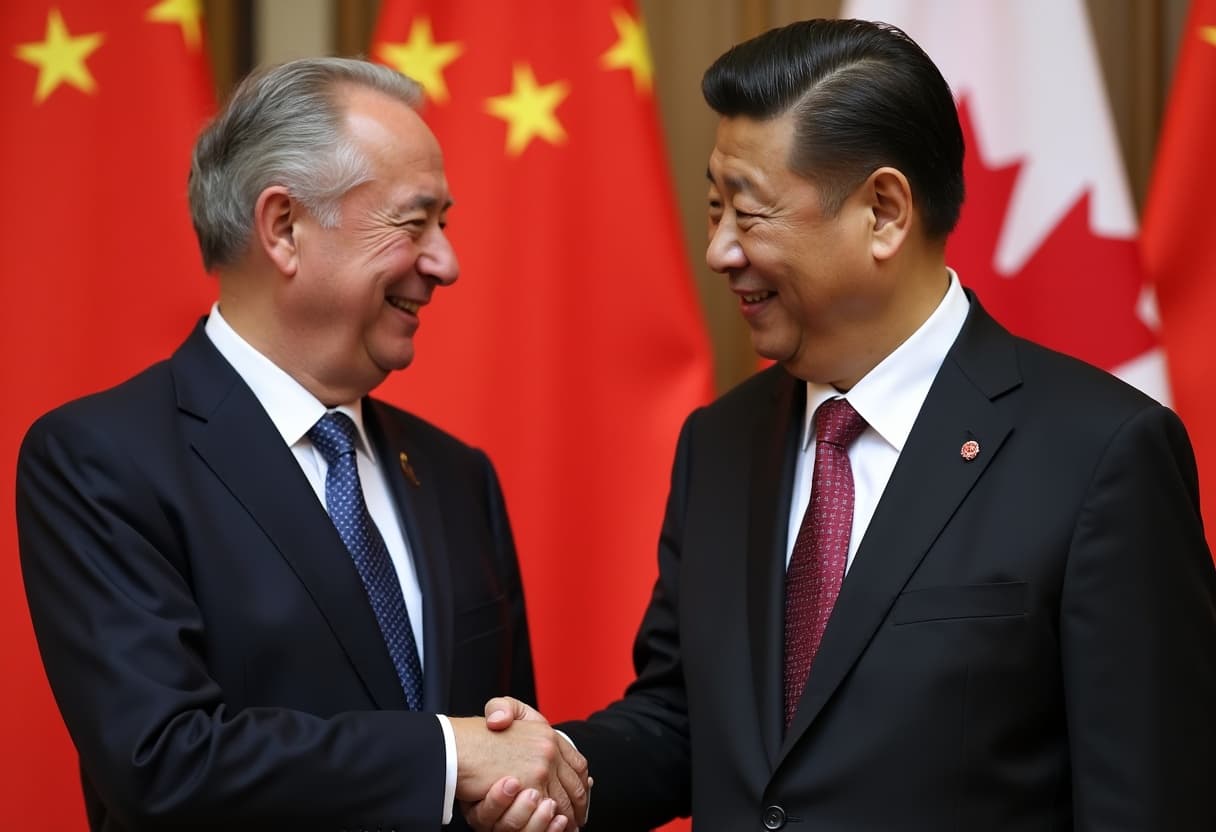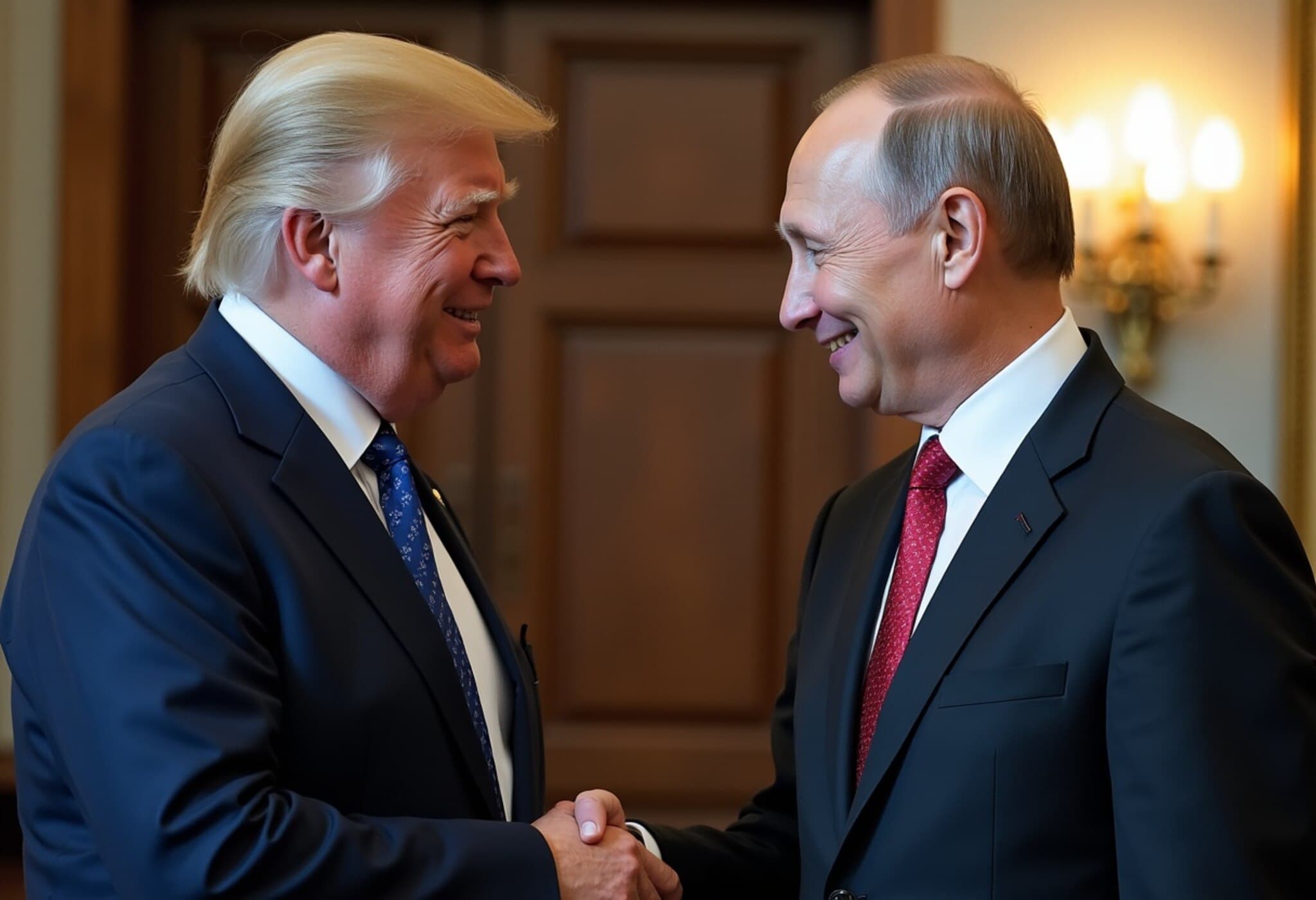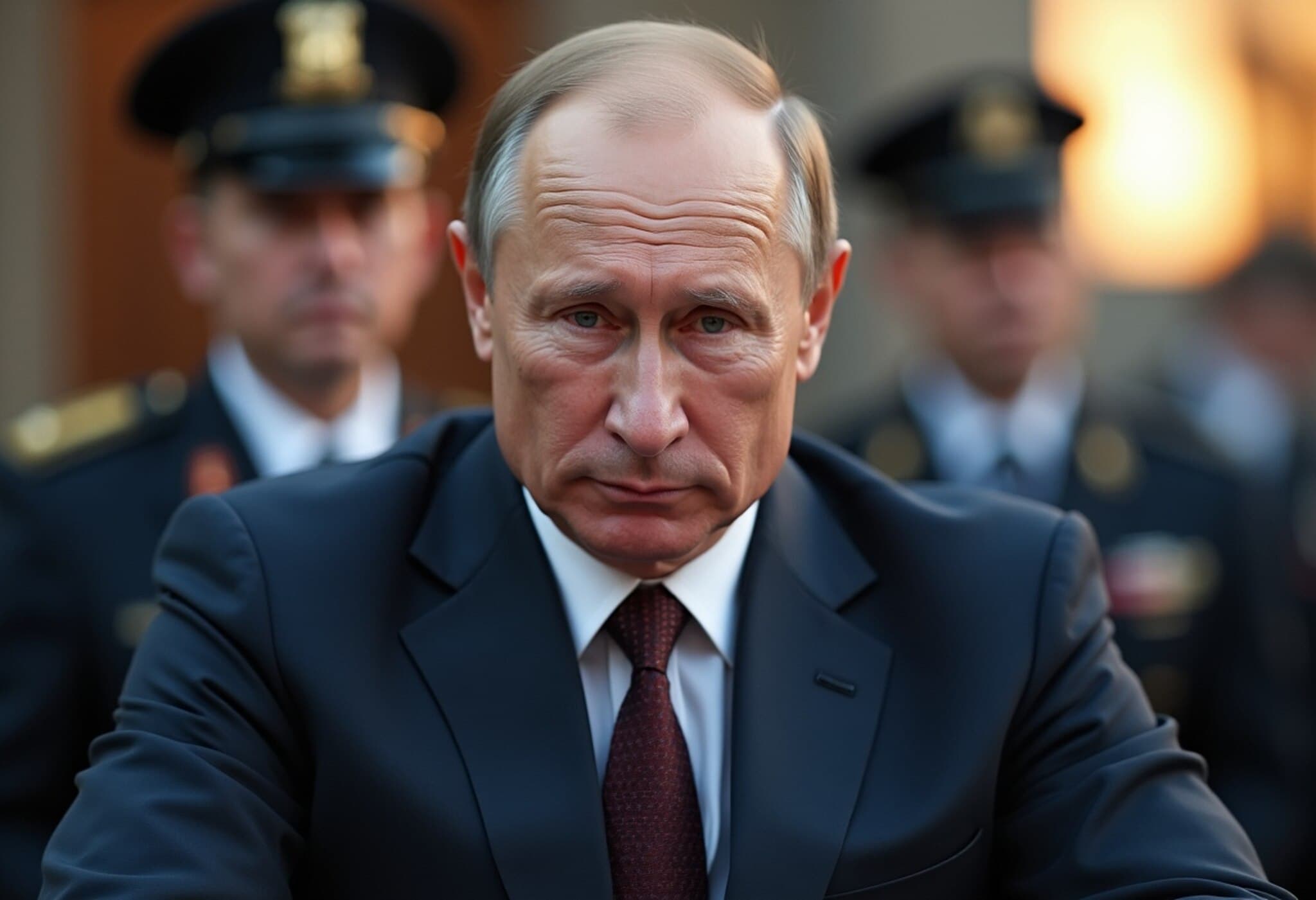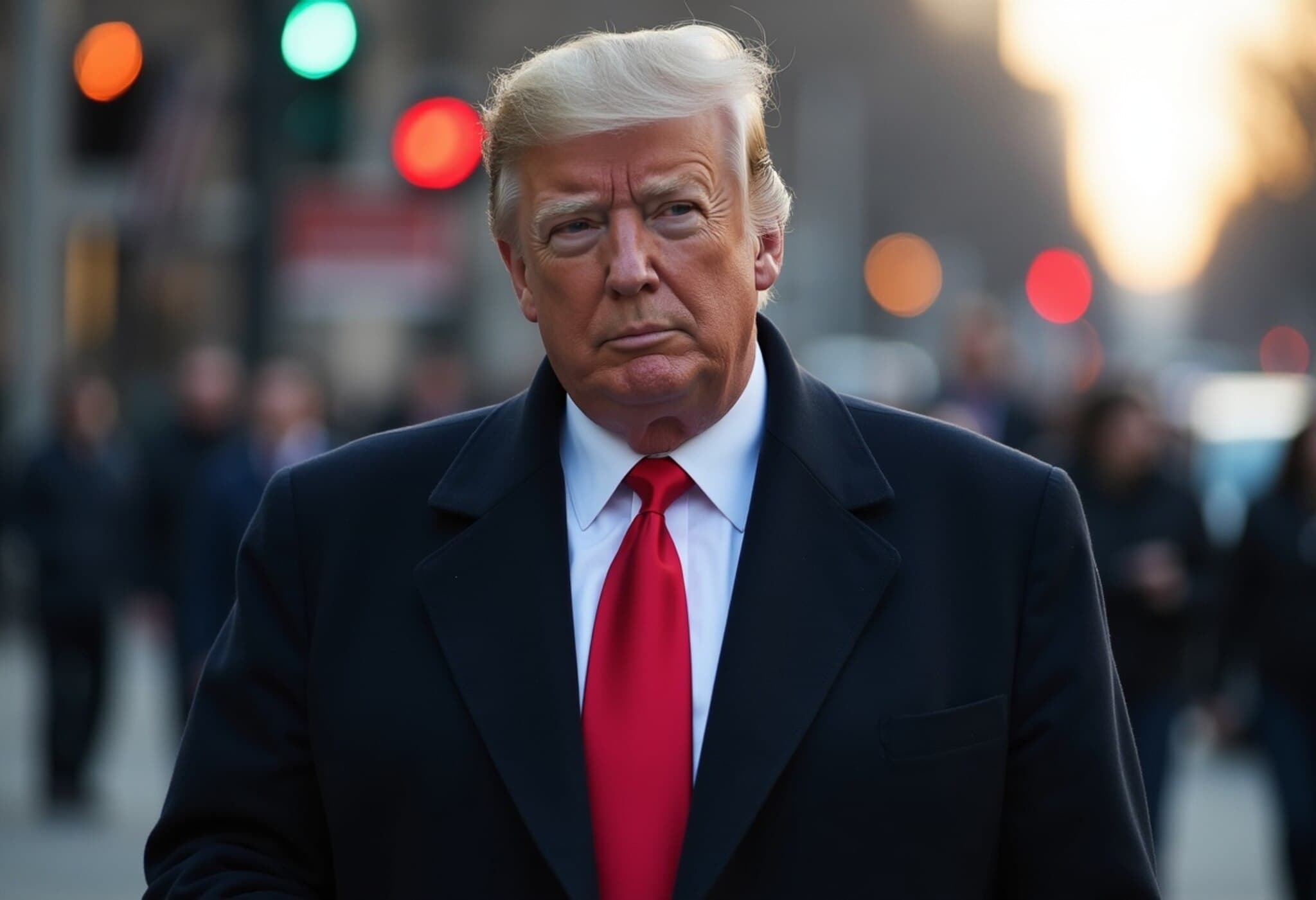Why the Russia-Ukraine Conflict Defies Simple Diplomatic Solutions
As the war in Ukraine stretches into its third year, prominent American political scientist John Mearsheimer offers a sobering assessment: although former US President Donald Trump and Russian President Vladimir Putin might be able to negotiate a deal on paper, the core stakeholders—Ukrainians and Europeans—are unlikely to embrace any compromise. This fundamental discord suggests the conflict’s resolution will ultimately unfold on the battlefield rather than through diplomatic handshakes.
Mearsheimer’s Stark Diagnosis
Mearsheimer, an expert in international relations well-known for his realist perspectives on global conflicts, explains that despite Trump's attempts to facilitate dialogue between Moscow and Kyiv, the gap between the two sides remains unbridgeable. “The two countries are poles apart and no compromise acceptable to both sides is in sight,” he remarked, emphasizing that Trump’s personal diplomacy cannot override the harsh realities of war and security concerns.
This analysis challenges widespread optimism following Trump’s recent commitment to providing security guarantees for Ukraine—a move hailed by some European leaders and NATO as a potential breakthrough. Yet, crucial details on what these guarantees entail remain vague, leaving much uncertainty about their feasibility and acceptance.
Security Guarantees: A Source of Contention
Russia’s Foreign Minister, Sergei Lavrov, sharply criticized Ukraine’s demand for security guarantees, branding them as “absolutely unacceptable” and a sign that Kyiv is not genuinely interested in a lasting peace. Lavrov further warned that any European military presence in Ukraine would be perceived by Moscow as foreign intervention, escalating tensions further.
- Russia’s stance: Security guarantees are a red line; European troops in Ukraine would be a direct provocation.
- Ukraine’s view: Seeking assurances to protect sovereignty and resist further aggression.
- European leaders and NATO: Cautiously supportive but divided on the scope and nature of involvement.
Ukrainian Leadership Pushes Back
In response, Ukrainian President Volodymyr Zelenskyy accused Moscow of evading meaningful negotiations. In his recent address, he expressed frustration that Russia was deliberately avoiding direct talks aimed at ending the war. Zelensky’s position reflects the broader Ukrainian public sentiment unwilling to accept any agreement that compromises their sovereignty or security.
The Public’s Role: Why Any Deal Faces Rejection
Mearsheimer highlights a critical factor often overlooked in diplomatic discussions: even if leaders agreed behind closed doors, the deal would struggle to gain political legitimacy in Ukraine and Europe.
He explains, “Any deal struck over their heads would be politically impossible to sell.” Ukrainians, hardened by years of conflict and loss, are unlikely to accept terms that feel like capitulation. Likewise, European countries, which have absorbed massive economic and humanitarian shocks from the war, remain deeply skeptical of any agreement that could be interpreted as rewarding Russian aggression.
What Comes Next?
With both sides entrenched and external powers divided over how far to back Kyiv’s defense, the conflict risks becoming a prolonged stalemate. The international community’s challenge is how to address this deadlock without exacerbating tensions or enabling further violence.
Mearsheimer’s conclusion is candid: the ultimate fate of the Russia-Ukraine conflict will depend on the shifting realities on the ground, not on diplomatic overtures alone. In other words, military developments will shape the terms for any future settlement.
Expert Insight: The Complexity of Negotiating Peace
This evolving dynamic underscores the limits of diplomacy in conflicts where national identity, security, and territorial integrity are inseparable from the political will of the affected peoples. For American policymakers and allies, this presents a critical puzzle: how to support Ukraine’s sovereignty and European security without pushing all parties toward a devastating protracted war.
The stakes are high, not just for Ukraine, but for the broader principles of international law and order that underpin regional stability. As history shows, sustainable peace can rarely be imposed—it must be embraced by those living it.
Key Questions Moving Forward
- How can international actors balance deterrence with diplomacy to prevent further escalation?
- What role will public opinion within Ukraine and Europe play in shaping future negotiations?
- Can security guarantees be structured in a way that addresses Russian concerns without undermining Ukrainian sovereignty?
Editor's Note
The Russia-Ukraine war remains one of the most complex geopolitical crises of our time. This analysis from John Mearsheimer invites us to reconsider simplistic hopes for quick diplomatic fixes and confront the reality that peace will require navigating entrenched fears, identities, and geopolitical interests. Understanding that battlefield dynamics still dominate urges policymakers and the public alike to prepare for a hard road ahead—one that demands patience, strategic clarity, and a deep respect for the perspectives of those most affected.

